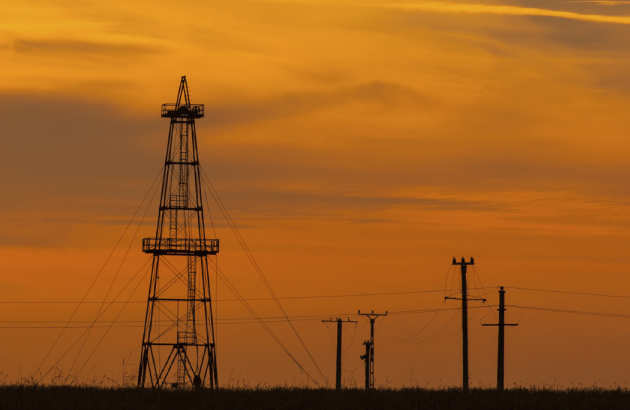Topics: Mitigation
Type: Briefing paper
Publication date: October 2013
Download
Summary
Authors: Neil Hirst, Dr Cheng Seong Khor, Dr Simon Buckle
 Shale gas production has revolutionised energy markets in the US, reducing energy costs and contributing to industrial competitiveness, energy security, and employment. The international impact is already significant. The US Energy Information Administration has initially estimated the world’s technically recoverable shale gas resources at over 7,000 trillion cubic feet, or 47% of world conventional resources. Shale gas resources are widely spread across the globe and, not surprisingly, there is great interest in the economic potential for developing shale gas more widely.
Shale gas production has revolutionised energy markets in the US, reducing energy costs and contributing to industrial competitiveness, energy security, and employment. The international impact is already significant. The US Energy Information Administration has initially estimated the world’s technically recoverable shale gas resources at over 7,000 trillion cubic feet, or 47% of world conventional resources. Shale gas resources are widely spread across the globe and, not surprisingly, there is great interest in the economic potential for developing shale gas more widely.
Governments will rightly pay attention to the economic potential of shale gas. But they should not yet take its realisation for granted. The jury is still out on whether other countries, with different industrial, regulatory, and geological conditions can emulate the US and achieve similar transformations.
Governments will also face challenges in exploiting the perceived—but not yet proven—potential of more plentiful and secure energy supplies in a way that is consistent with national and international climate mitigation goals.
The focus of this paper is on the potentially wide-ranging but as yet uncertain implications of shale gas for climate change. On the positive side, shale gas could displace significant amounts of coal as an energy source in some large emitting economies such as China and Poland. This would have significant mitigation benefits since, provided that methane emissions during production are minimised, when shale gas is burned it is roughly half as carbon intensive for each unit of energy generated.
Contents
- Executive summary
- Introduction
- Energy demand and mitigation
- World shale gas potential
- Shale gas potential of Europe, the UK , and China
- Conclusions
Related content
- Climate change mitigation policy research at Imperial
View publications by:
Topic
Climate Science
Earth and Life Sciences
Energy and Low-Carbon Futures
Resources and Pollution
Economics and Finance
Health
View all publications and browse by year
Publication type
Briefing papers and Briefing notes
Grantham Institute Outlooks
Evidence & submission papers
Infographics
Institute reports and analytics notes
Grantham notes
Collaborative publications
Discussion papers
Institute event overviews
Working papers